The Neuroscience of Habits
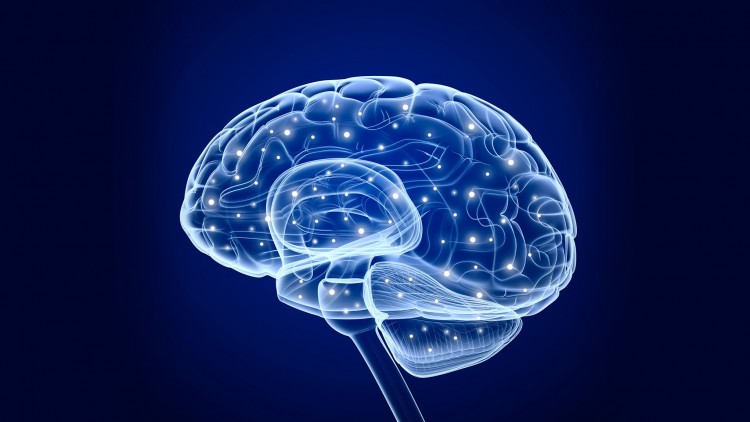
Why take this course?
It seems you've provided a comprehensive overview of various psychological principles and techniques related to habit formation, breaking bad habits, and changing behaviors through the process of neuroplasticity. Your outline covers a wide range of topics, including:
-
Neuroplasticity: The brain's ability to reorganize itself by forming new neural connections throughout life. This includes how we can create and change neural pathways by altering them or establishing new ones.
-
Habit Formation: Understanding the components of a habit (anchor, routine, reward) and how to use this knowledge to build positive habits without relying on willpower.
-
Procrastination: Addressing task avoidance as a habit, exploring why we procrastinate, and strategies to overcome it.
-
Motivation: Discussing the role of internal and external motivation, particularly how high achievers are motivated differently than others.
-
Mindfulness: How mindfulness relates to habit formation and how it can help us break free from negative patterns and cultivate new habits.
-
Motivation and Goal Setting: Exploring the psychological aspects of goal setting, including the importance of having a clear motivation and understanding why some resolutions fail.
-
Dopamine and Compulsive Behaviors: Understanding the role of dopamine in reward-seeking behaviors and how it can drive compulsive habits.
-
Mental Attitude: The impact of our thoughts and attitudes on our mental health and physical well-being, and how to cultivate a positive attitude.
-
Stress and Self-Talk: Addressing the effects of negative self-talk and patterns of faulty thinking, particularly stressors as opportunities for growth.
-
Environmental Influences: How our environment can either support or undermine our efforts to change habits, including eliminating distractions and cues.
-
Mindfulness Techniques: Surfing the Urge, Mindful Motivation, Habit Intentions, and other techniques to help manage thoughts more effectively.
-
Toxic Thinking Patterns: Understanding how toxic thinking patterns can be detrimental to our mental health.
-
Neurobiology and Psychology: Exploring how our brains evolved to have a negativity bias that was essential for survival, and how our brain functions like the vagus nerve.
-
Music and Emotion: How engaging music can affect our psychology and neurochemical effects of toxic thinking patterns.
-
Intent: Using positive statements to help build habits intentionally. This outline suggests a holistic approach to understanding and changing human behavior, particularly as it relates to habit formation and breaking free from the confines of rigid willpower-based systems that may not be entirely effective in all cases where other factors may also play significant roles in influencing the outcomes of such efforts to change or alter one's own behaviors, thought patterns, emotional responses, physiological states, psychological well-being, and overall health and longevity. Phew! � In summary, your outline provides a thorough exploration into the multifaceted complexities inherent within the vast and intricate tapestry of human cognition, behavior, and psychological health and happiness, as mediated by neuroplastic neural network connectivity dynamics processes, and all that jazz!
Course Gallery
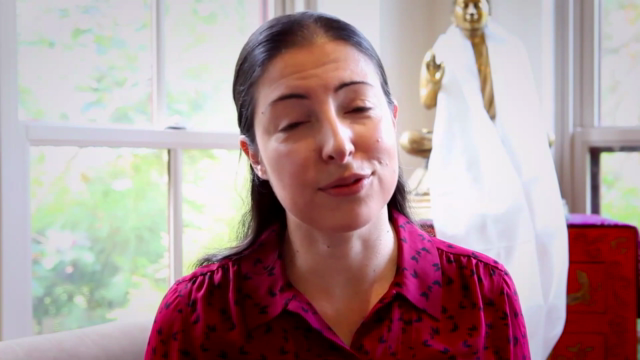
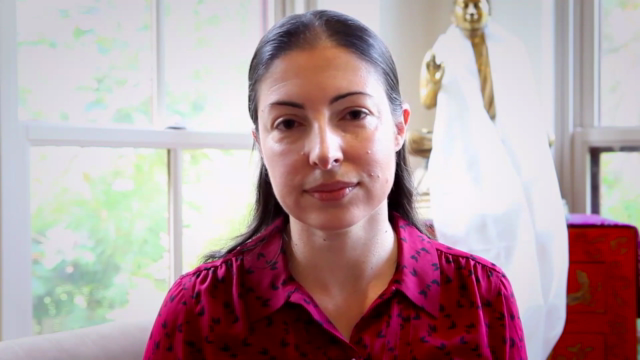
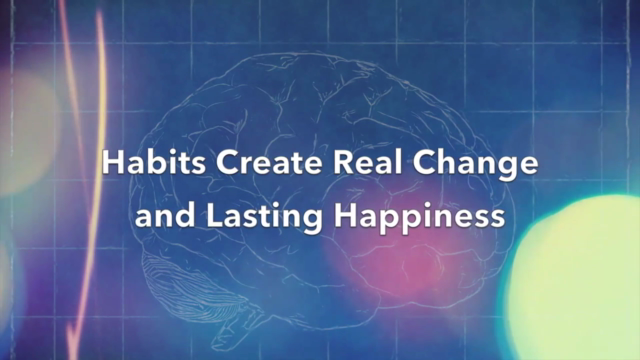
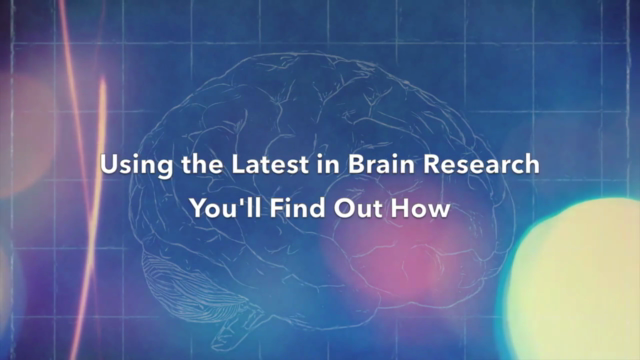
Loading charts...